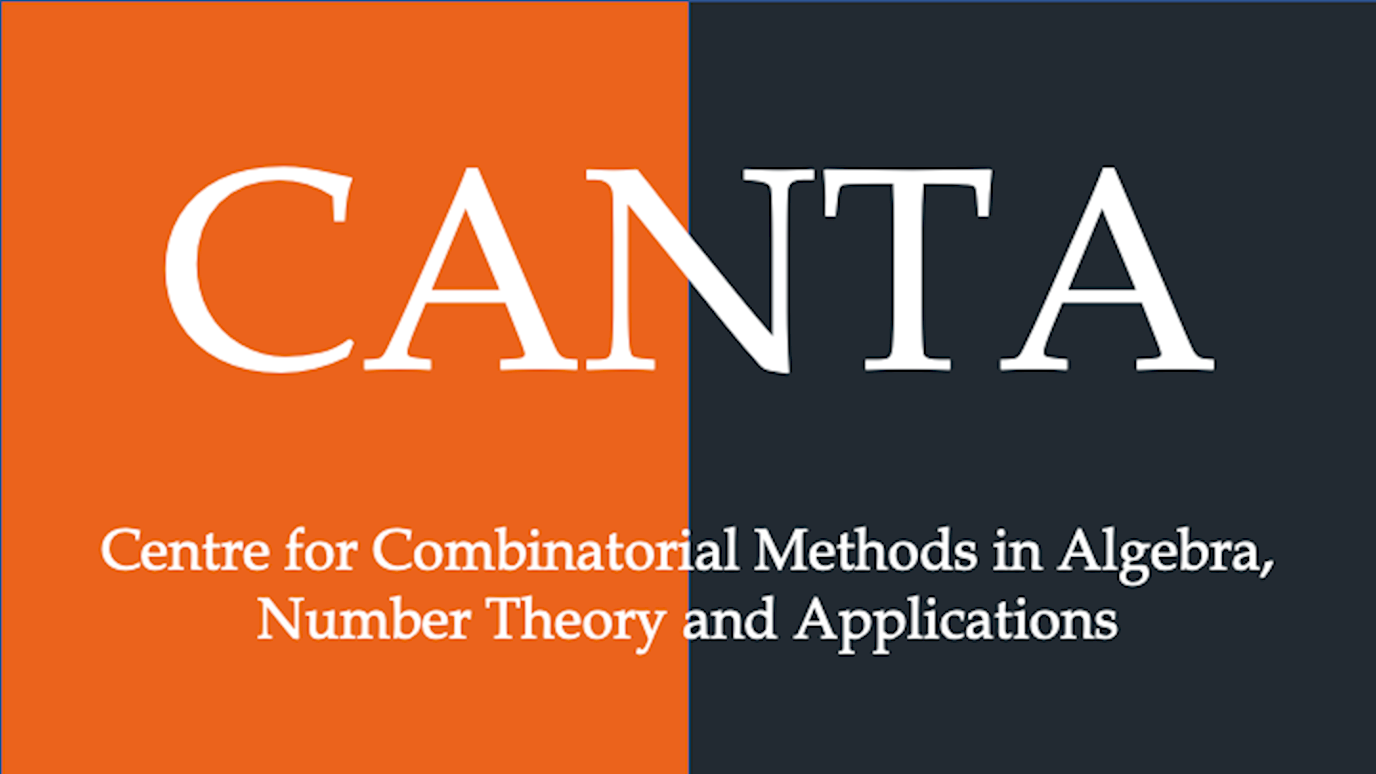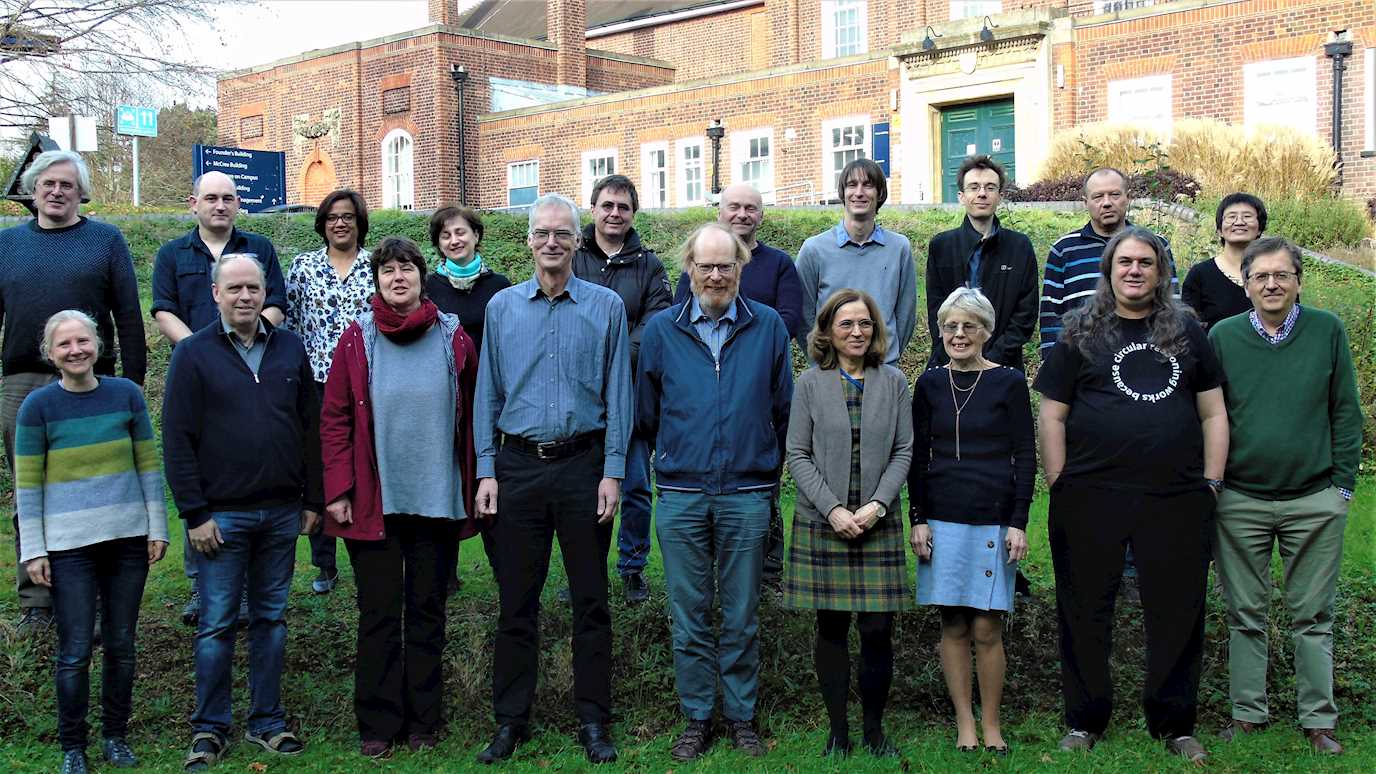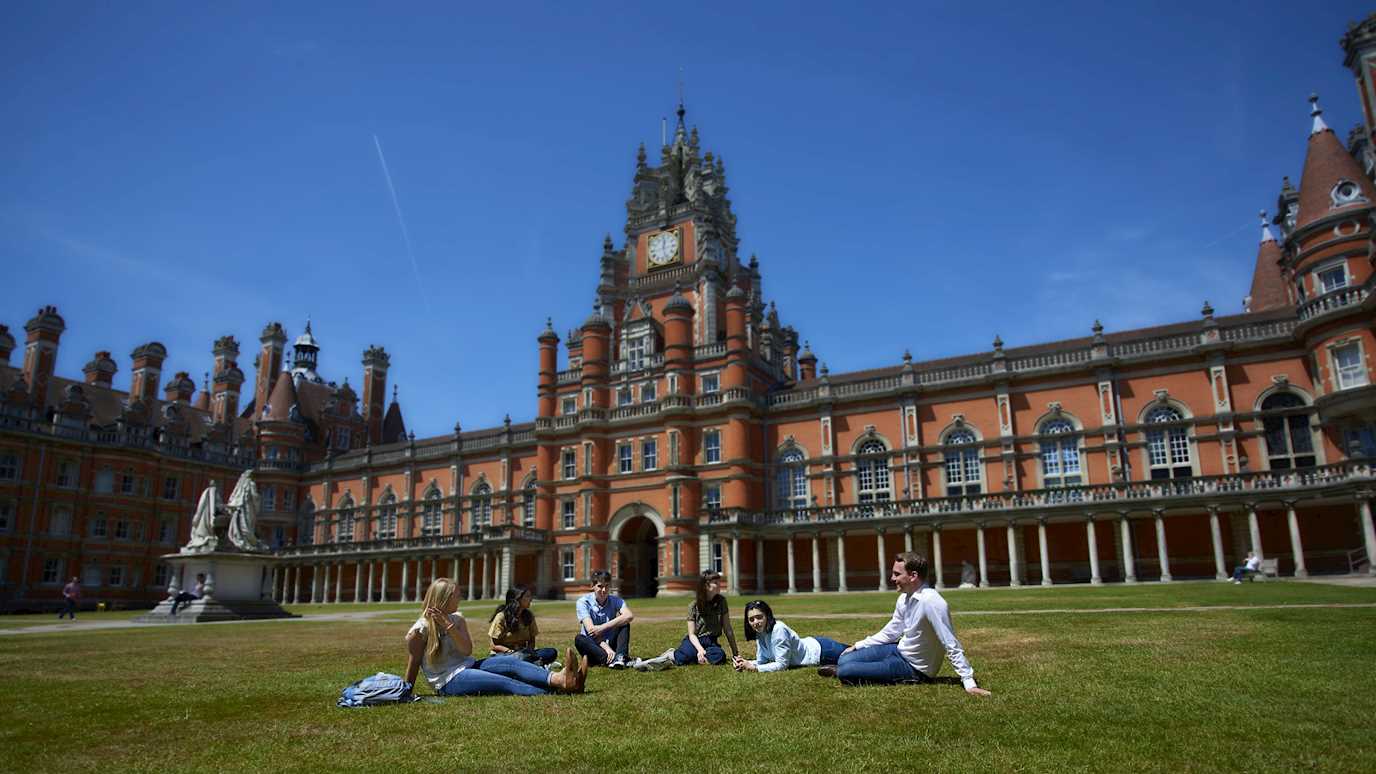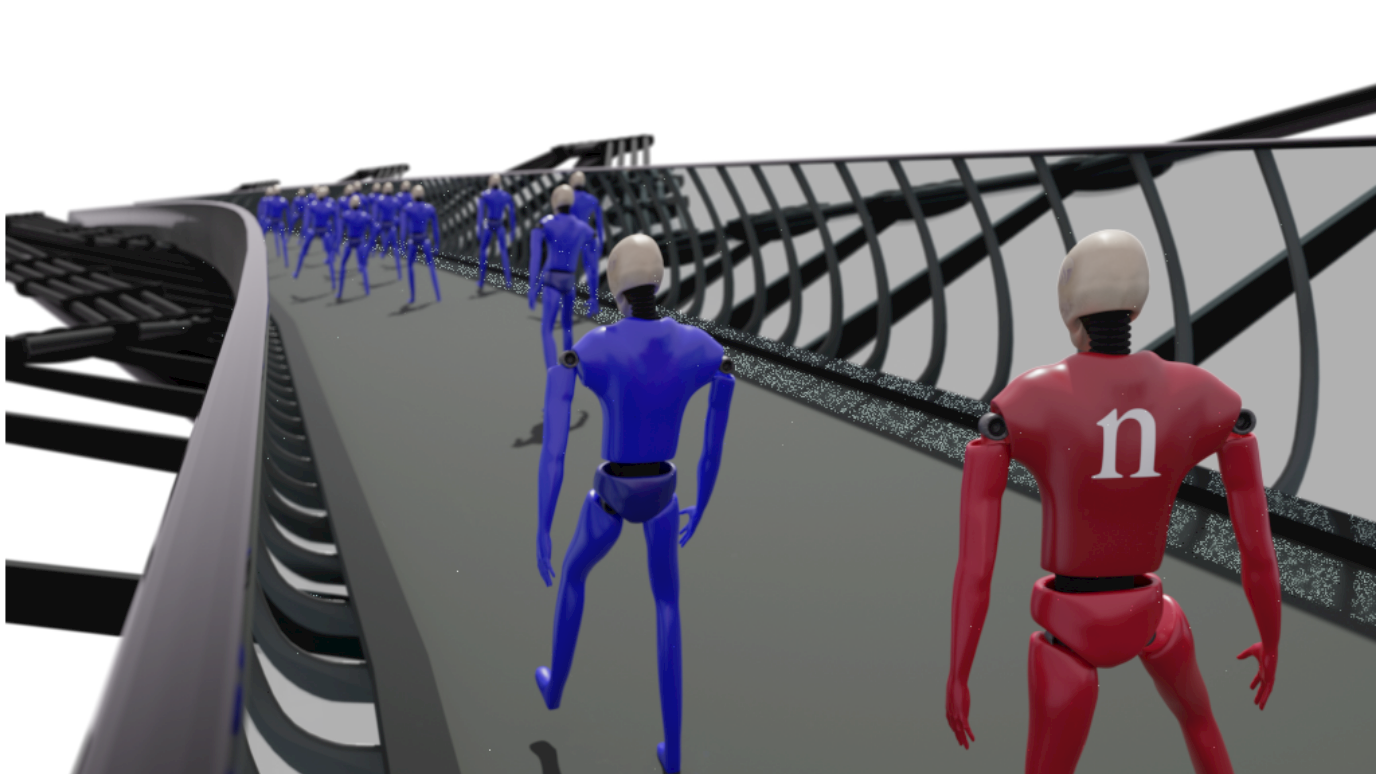The Mathematics Virtual Seminar meets every Wednesday at 2pm. The talk is followed by virtual tea and conversation.
To join, please email Prof Stefanie Gerke or Dr Martin Widmer.
Each talk is aimed at a broad audience of mathematicians, mathematical cryptographers, and theoretical computer scientists.
SCHEDULE FOR SUMMER 2020
6th May 2020: Prof Mark Wildon
Title: The counter-intuitive behaviour of high-dimensional spaces.
Abstract: Suppose a point is chosen uniformly at random from a high-dimensional sphere. Almost certainly, it is on the equator. I will discuss this and other counter-intuitive features of high-dimensional spaces, using examples from Euclidean geometry, coding theory, cryptography, and the theory of computable functions. In particular, we will see a striking difference between the adversarial (Hamming) and probabilistic (Shannon) models for coding theory that illuminates one sense in which F21000 is a `larger' space than R4 If time allows, I will make a connection with my research on representations of finite and infinite groups.
13th May: Prof Jens Bolte
Title: Many-particle quantum graphs
Abstract: Quantum graphs are models of particles moving along the edges of a graph following the laws of quantum mechanics. I will explain the basic construction of quantum graph models and then introduce models that describe several particles with contact interactions. Time permitting, I will talk about Bose-Einstein condensation as well as about non-standard exchange statistics of identical particles.
20th May: Prof Simon Blackburn
Title: How many finite rings are there?
Abstract: For a positive integer n, write f(n) for the number of isomorphism classes of rings of order n. What can we say about f(n)? Determining f(n) exactly for all n looks unrealistic, but in 1970, Kruse and Price (JLMS) stated an asymptotic result that gives the growth rate of f(n) as n tends to infinity. Sadly, there are problems with their proof. I will talk about recent joint work with K. Robin McLean (University of Liverpool) in which we fix the problems, and improve the error terms of the Kruse-Price result. (Joint work with Robin McLean, Liverpool).
27th May: Prof Brita Nucinkis
Title: An introduction to groups of piecewise linear homeomorphisms of the unit interval.
Abstract: In this talk I will give an introduction to several ways of defining Thompson’s groups F, T and V and their generalisations, including groups with irrational slopes. I will also give an overview about some of their most interesting properties such as finiteness conditions and simplicity. If time permits, I will talk about some connections to areas outside group theory.
10th June : Eoghan McDowell
Title: Counting paths in lattices and a new symmetric polynomial identity
Abstract: The Lindström–Gessel–Viennot lemma states that the number of tuples of paths in a given lattice is equal to the determinant of a certain matrix. In this talk I will explain the elegant combinatorial argument behind this result, and use it to obtain a new symmetric polynomial identity. This identity generalises both the binomial determinant duality of theorem of Gessel and Viennot and the symmetric function duality theorem of Aitken.
Next seminars will start in the Autumn Term.


























